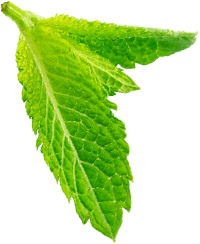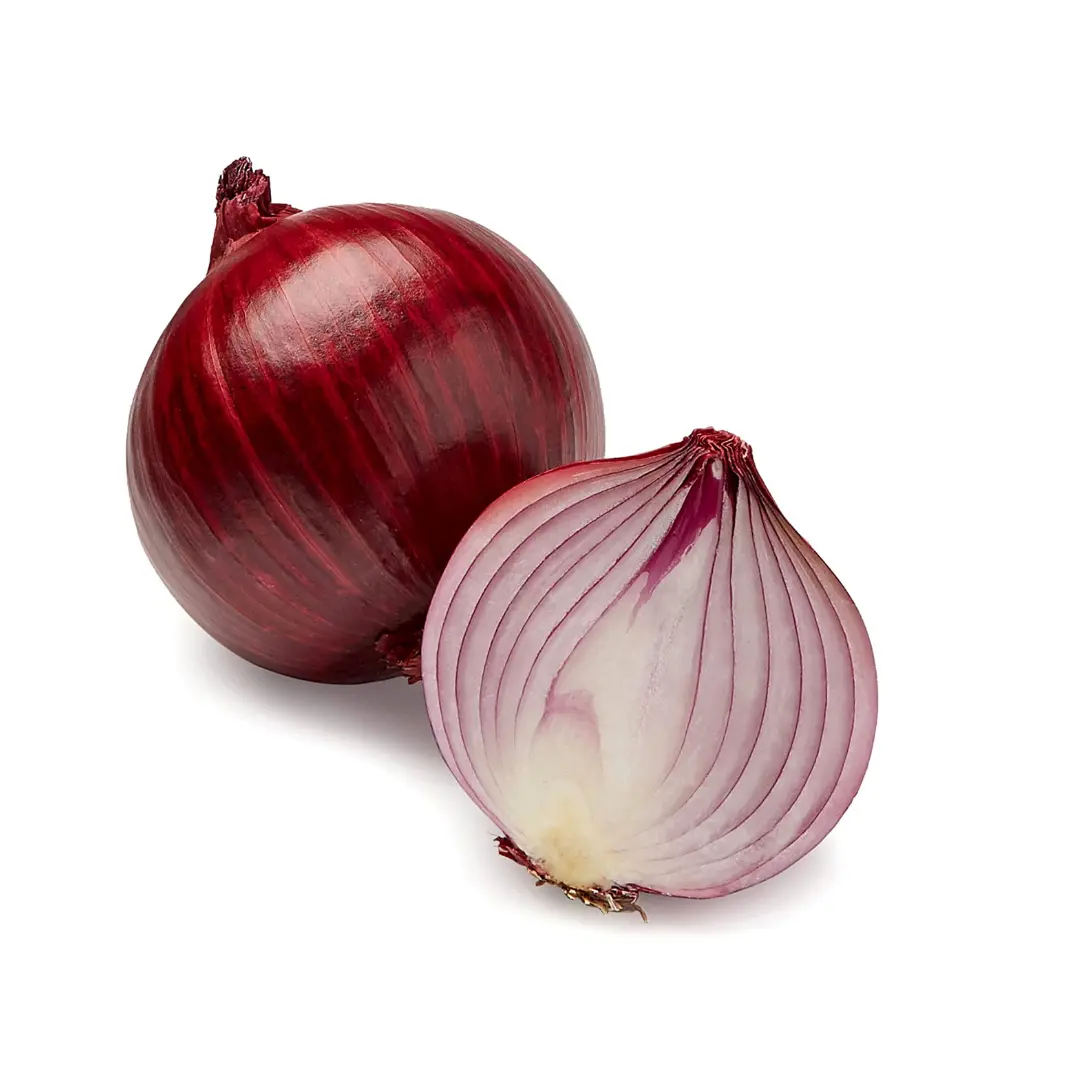Office No 1 & 2, Michael Apartment,Vasai West

Bottle Guard
Bottle gourd, a versatile and nutrient rich vegetable, offers various health benefits. With just 18 calories per cup, it is low in calories and fat.
Nutritional Values:
| 4 gram | Carbohydrates |
|---|---|
| 1 gram | Protein |
| 18 gram | Calories |
| 5mcg | Folate (Vitamin B9) |
Description:
Bottle gourd, scientifically known as Lagenaria siceraria, is a versatile and nutrient-rich vegetable that belongs to the gourd family, Cucurbitaceae. It is commonly cultivated and consumed in various cuisines around the world due to its mild flavor, tender texture, and numerous health benefits. This long, bottle-shaped vegetable has a smooth, green skin and soft, white flesh with a mild, slightly sweet taste. It is often used in soups, stews, curries, and stir-fries, making it a staple ingredient in many traditional dishes.
1. Low-Calorie and Fat-Free: One of the remarkable features of bottle gourd is its low-calorie content, making it an ideal choice for weight-conscious individuals. With only 18 calories per one-cup serving, bottle gourd offers a guilt-free addition to your meals. Moreover, it is virtually fat-free, containing negligible amounts of saturated fats and zero cholesterol, promoting heart health and overall well-being.
2. Rich in Fiber: Bottle gourd is a great source of dietary fiber, providing 1g of fiber per serving. This fiber content aids in digestion, helps prevent constipation, and supports a healthy digestive system. Including bottle gourd in your diet can contribute to improved gut health and better nutrient absorption.
3. Essential Vitamins and Minerals: This unassuming vegetable packs a punch when it comes to essential vitamins and minerals. It is a good source of Vitamin C, providing 8% of the daily value, which supports immune function, skin health, and acts as an antioxidant. Additionally, bottle gourd contains Vitamin B6 (6% DV), which plays a vital role in metabolism and nervous system function. It also offers 2% of the daily value for important minerals like calcium, iron, magnesium, and folate, contributing to bone health, oxygen transport, and overall body functions.
4. Hydration and Electrolytes: Bottle gourd's high water content (approximately 96%) makes it an excellent hydrating food, helping to maintain fluid balance and keeping you refreshed, especially during hot weather or strenuous physical activities. Furthermore, it contains essential electrolytes like potassium (4% DV), which supports muscle function, nerve impulses, and heart health.
5. Natural Source of Antioxidants: Bottle gourd contains various antioxidants, including flavonoids and phenolic compounds, which help neutralize harmful free radicals in the body. These antioxidants can potentially reduce the risk of chronic diseases, such as heart disease, cancer, and inflammation.
6. Cooking Versatility: With its neutral taste and tender texture, bottle gourd complements a wide range of dishes. It can be sautéed, steamed, boiled, or added to soups and curries. Its versatility allows it to absorb the flavors of the ingredients it is cooked with, making it a great addition to various cuisines.
Incorporating bottle gourd into your diet can be a smart choice for those seeking to maintain a healthy lifestyle. Its low-calorie, fiber-rich, and nutrient-packed properties make it a valuable addition to any balanced diet. As with any food, moderation is key, and individual nutritional needs may vary. Always consult a qualified healthcare professional or registered dietitian for personalized dietary advice and recommendations.
Additional Information
In addition to its nutritional value, bottle gourd has been used in traditional medicine for centuries due to its potential health benefits. It is believed to have diuretic properties, aiding in flushing out toxins from the body and promoting kidney health. Moreover, the high water content in bottle gourd makes it an effective natural remedy for rehydrating and cooling the body during hot weather.
Furthermore, the seeds of bottle gourd are also utilized for medicinal purposes. They contain protein, essential fatty acids, and other bioactive compounds. Extracts from the seeds have shown potential in supporting liver health and may have antioxidant and anti-inflammatory effects.
Despite its numerous health advantages, some caution is necessary when consuming bottle gourd, as it contains a small amount of a compound called cucurbitacin, which can be bitter and toxic in high quantities. Therefore, it is crucial to select fresh and ripe bottle gourds and avoid consuming large quantities of bitter-tasting or unripe gourds to ensure safe consumption. As always, consulting a healthcare professional before adding new foods or supplements to your diet is recommended.
